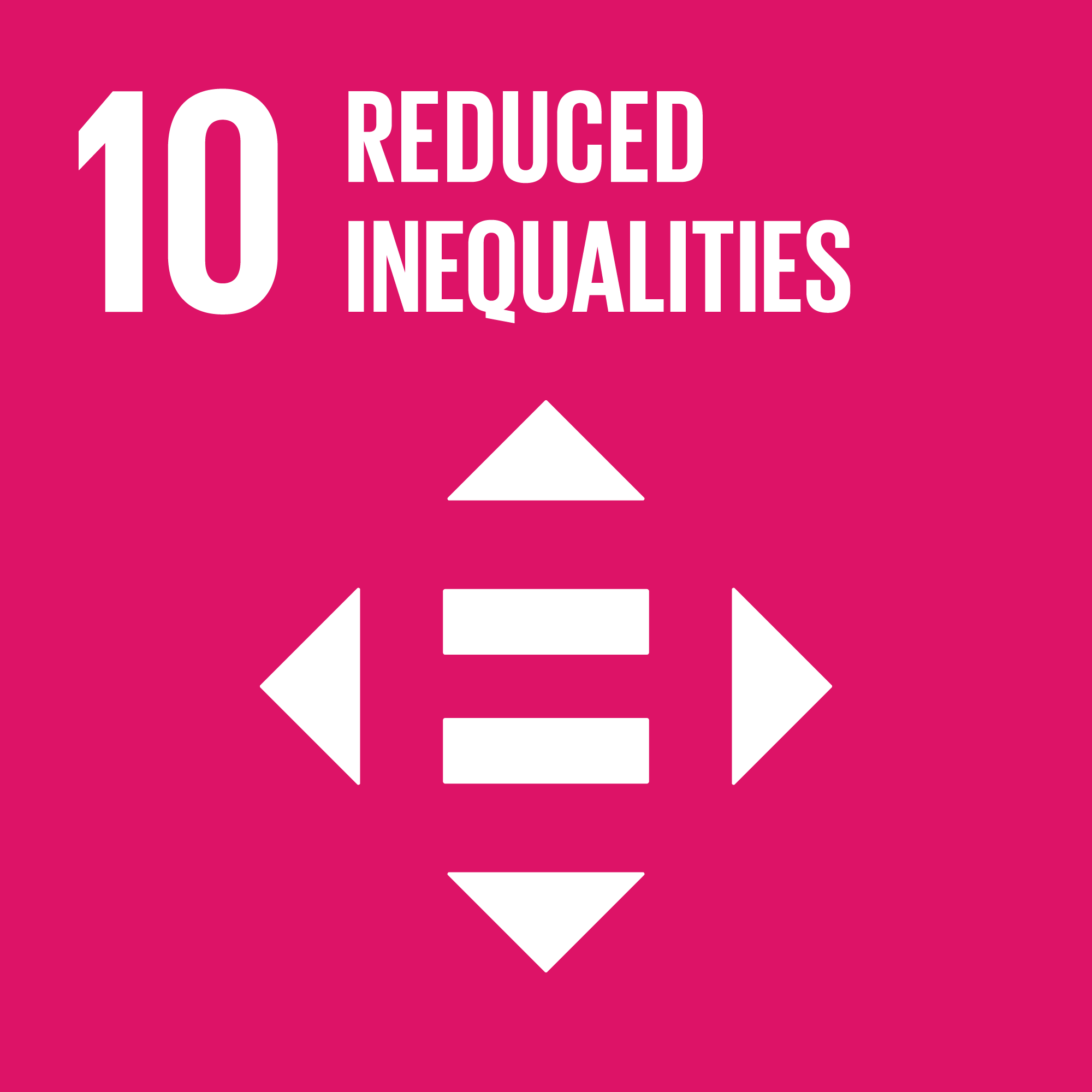Craig School of Business
Sustainable Development Goal 10: Reduced Inequalities

Fresno State is committed to equal educational and employment opportunity for all, regardless of age, color, disability, marital status, national origin, pregnancy, race, religion, gender, sexual orientation or veteran status. Fresno State's academic mission is boldly educate and empower students for success. An education at Fresno State is for many students the key to accessing the tools and opportunity to lift themselves from poverty. The University's Strategic Plan recognizes that the entire campus is strengthened by attracting, developing and retaining talented and well-qualified individuals to support and broaden Fresno State's cultural richness and enhance its vitality and reputation.
Fresno State Initiatives to Reduce Inequality
Fresno State strives to create and sustain a campus environment that supports and values all members of our community. Over 20 gender inclusive restrooms are available throughout campus.